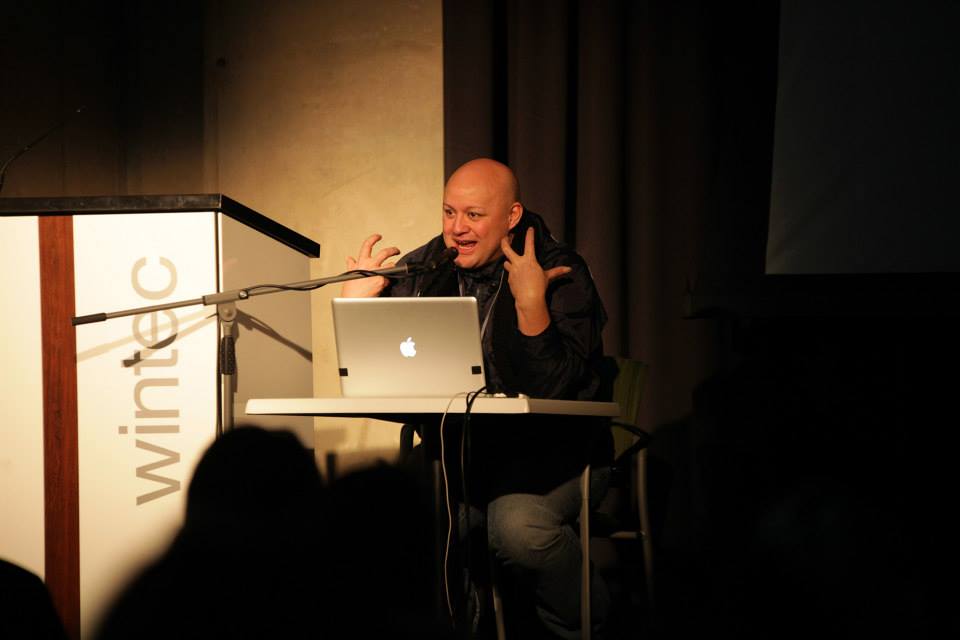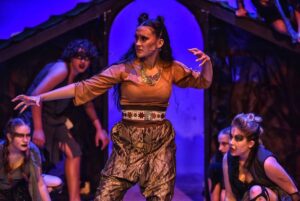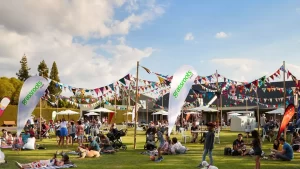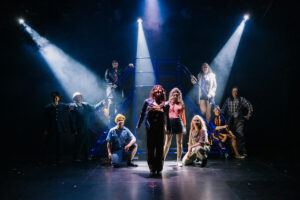Lineage theme inspires Pacific couture
Fashion designer Lindah Lepou speaks about the meaning behind her work at Spark

In 1992, a fa’afafine pageant was held in Samoa with first prize being a one-way ticket to New Zealand.
Lindah Lepou knew this was the sign she had been waiting for, her chance to follow her dreams.
She entered the competition and won, saying farewell to her friends and family and goodbye to the motherland.
Speaking at the Wintec Spark Festival, Lepou recalls the day she left Samoa.
“It’s one of my proudest moments because I don’t owe anyone… I went into that competition with a vengeance, I knew it was mine. This was my way to study fashion.”
After being born in New Zealand, she moved to Samoa at 10 to live with her grandparents. When she returned, she moved to Wellington and enrolled at fashion school.
This to her was phase one: making history.
While researching, Lepou noticed designers such as Vivenne Westwood, Chanel and Dior all had their own unique story shown through their collections.
She wondered, what was the big deal with these brands, and why were they so powerful? But more importantly, where was New Zealand’s version of this?
“Your lineage, what makes you special and unique, is something that no one can change, not even your family.”
She decided to look within and wanted to design lineage pieces that represented not only her but more importantly where she had come from.

She coined the phrase ‘Pacific couture,’ creating an array of fashion pieces using traditional materials and a variety of natural fibres, but with a contemporary twist.
“Your lineage, what makes you special and unique, is something that no one can change, not even your family.
“Even if they disowned you, they could never remove you from that family tree.”
Since then, Lepou has set the benchmark for Pacific couture, winning awards and showcasing her exclusive designs all around the world including the World of Wearable Arts shows, Te Papa Museum and the Victoria and Albert Museum in London.
“It’s not who you are completely, it’s where you are. When you look at my body of work it represents my journey and what happened in my journey.
“They’re like markers in my life, kind of like my children. That is the key in terms of my work.”
Over 20 years on, the fashion designer said she has successfully made history and could now begin phase two: making money.
The decision to move from Auckland to Invercargill has allowed her to set up her own business, Equinox Apparel, and work closely with fashion students, providing year long internships.
She wants to help bridge the gap from studying fashion and transitioning into the “real world” workplace and wants students to know there are many options in the industry.
“It’s not just about setting up a boutique. You can be a fashion editor, stylist for music and film; you can do costumes for music and film – there are so many things you can get with your degree.
“And a lot of schools forget to share that information…Fashion is not just about making clothing.”




